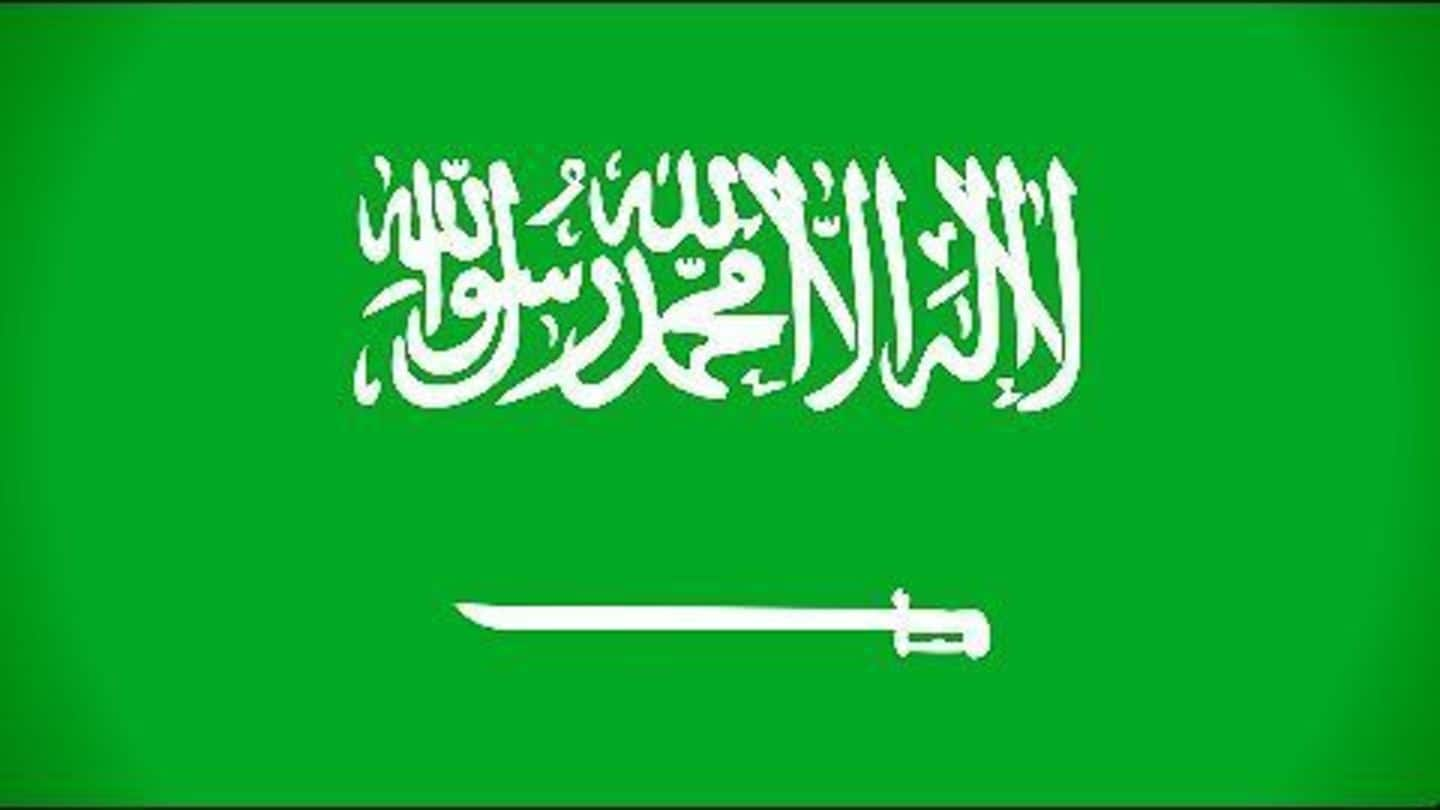
Saudi Arabia's proposal to impose taxes on foreigners
What's the story
The Kingdom of Saudi Arabia is reportedly considering imposing taxes on its foreign residents as it wants to reduce its dependency on oil revenue after the oil price downturn.
The proposal was even included in Saudi's National Transformation Plan, which is an ambitious multi-year program.
However, Saudi's Finance Minister–Ibrahim al-Assaf stated that the tax proposal was only an initiative that would be discussed.
Oil Crisis
Saudi Arabia faces problems as oil prices decline
As oil prices declined to $30 a barrel from over $100, the Saudi government cut its investments, delayed releasing payments, exhausted foreign reserves, and turned to the domestic market.
Finance Minister—Al-Assaf confirmed that international bonds would be sold.
IMF expected Saudi to post a 13.5% deficit of economic output in 2016; economic-growth was expected to fall to 1.5% in 2016 from 3.4% in 2015.
Data
GDP growth declines, debt to GDP shoots up
According to a Bloomberg survey, Saudi's GDP growth rate statistics: 2010–4.5%, 2011–10%, 2012–5.5%, 2013–2.5%, 2014–3.7%, 2015–3.5%, and 2016–1.5 (estimated).
Personal
Tax proposal could hamper foreign investment
Economists say that the tax proposal is unlikely to be realized soon as it could thwart Saudi's ability to attract foreign investments. Saudi needs foreign investment, which is necessary to revive the country's growth hit by the global oil price crisis.
Tax Implementation
Prince Mohammed ready to re-implement taxes
Tax implementation proposal at least on foreigners showed that its architect–Deputy Crown Prince Mohammed bin Salman is ready to consider steps that were once shunned by past rulers.
Mohammed, second-in-line to the throne, had already cut utility and fuel subsidies and even proposed to reduce the public-sector wage bill.
Saudi is reportedly joining the six-nation Gulf Cooperation Council to impose value-added tax from 2018.
Quote
Not wise to introduce tax
Mohammed Alsuwayed–Adeem Capital's Head said, "I don't believe it's wise to introduce such a thing at a time when the kingdom is trying hard to attract direct foreign investments and not having income taxes was one of the most attractive prospects here."
Non-oil Revenue
Non-oil revenue likely to start with VAT
Monica Malik, Chief Economist–Abu Dhabi Commercial Bank, said that increasing the taxation base would be significant in improving non-oil revenue.
She stated that non-oil revenue would start likely with VAT first.
She added that tax implementation could support the creation of more jobs for Saudis; but if not done in coordination with other GCC nations, it might reduce Saudi's competitiveness to attract labor.
Tax Inevitable
Taxing foreigners is inevitable, say economists
Gulf countries, having been tax-free, attracted millions of foreign workers; the revenue from crude oil was good when the prices were high.
But now, as the oil-rich countries are facing a crisis, economists said that introduction of income tax is inevitable.
Labor Minister–Mufrej Al-Haqbani stated that there are nine million foreigners in Saudi Arabia; the government confirmed that Saudi nationals wouldn't be taxed.